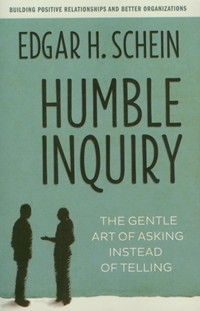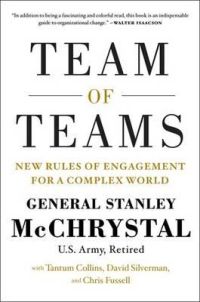
Understanding Organizations Finally! Structuring in Sevens
by Henry Mintzberg
The four forms of organization are Personal (autocracy), Programmed (bureaucracy), Professional (meritocracy), and Project (adhocracy). Respectively, the coordinating mechanism of each form is direct supervision, standardization of work, standardization of skills, and mutual adjustment.
That last term should be defined before going further, as Mintzberg uses it throughout the book. “Coordination and control are two different concepts. Mutual adjustment is coordination without control… Currently, the literature of management gives considerable attention to teams, task forces, and networks, all manifestations of mutual adjustment.”
Continue reading “Understanding Organizations Finally!”






